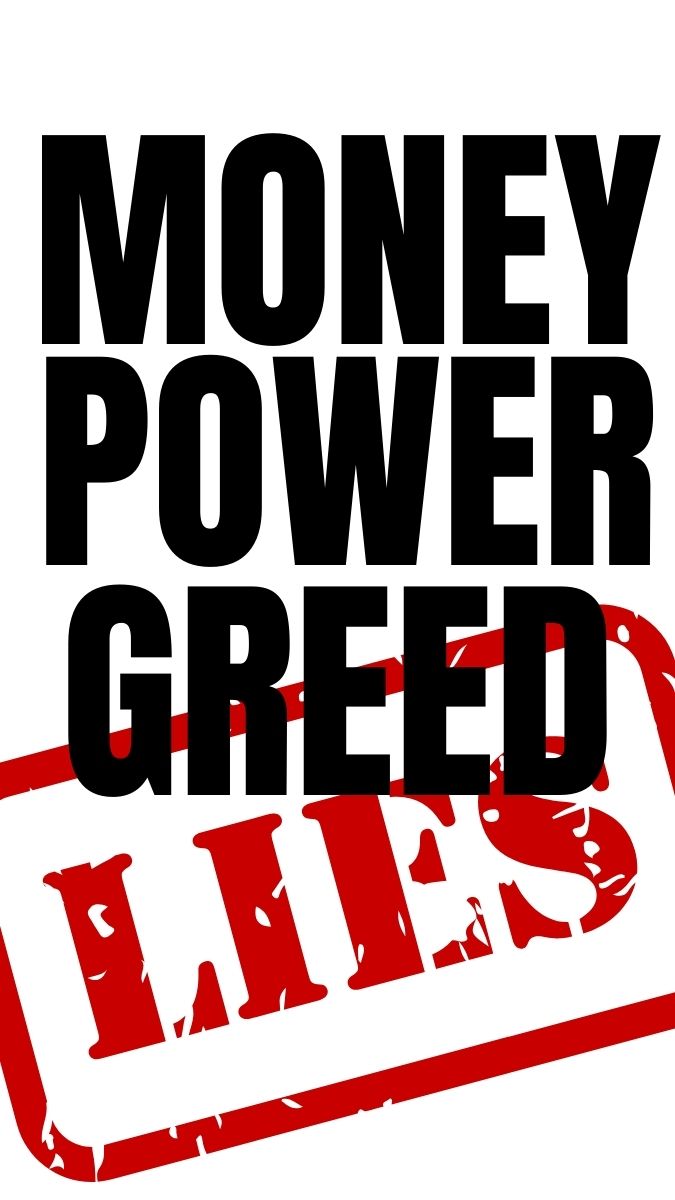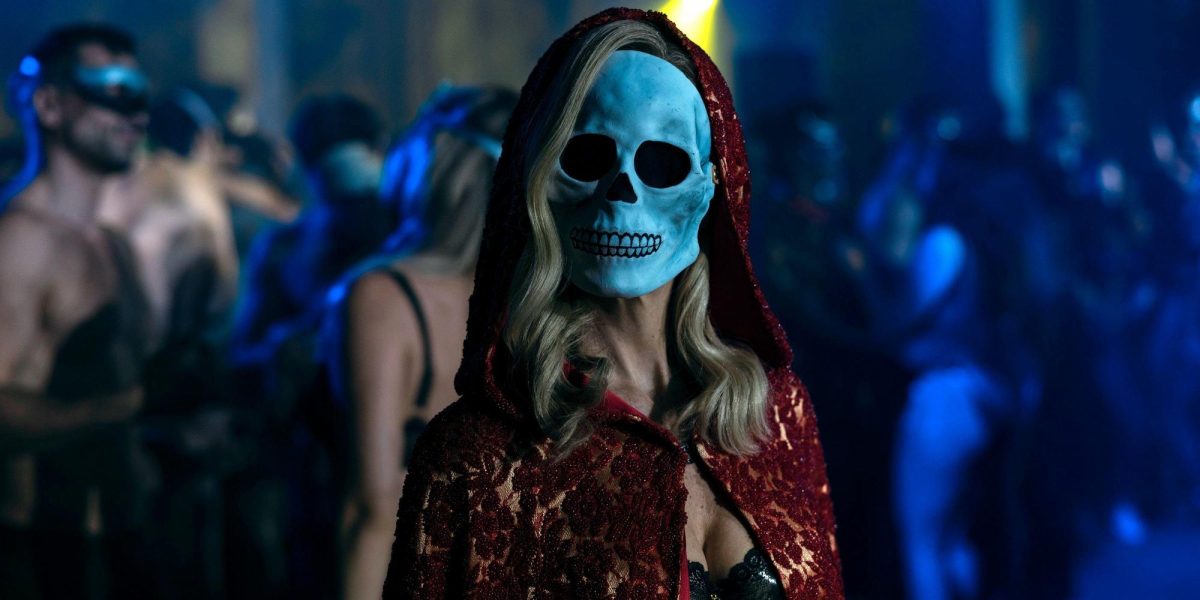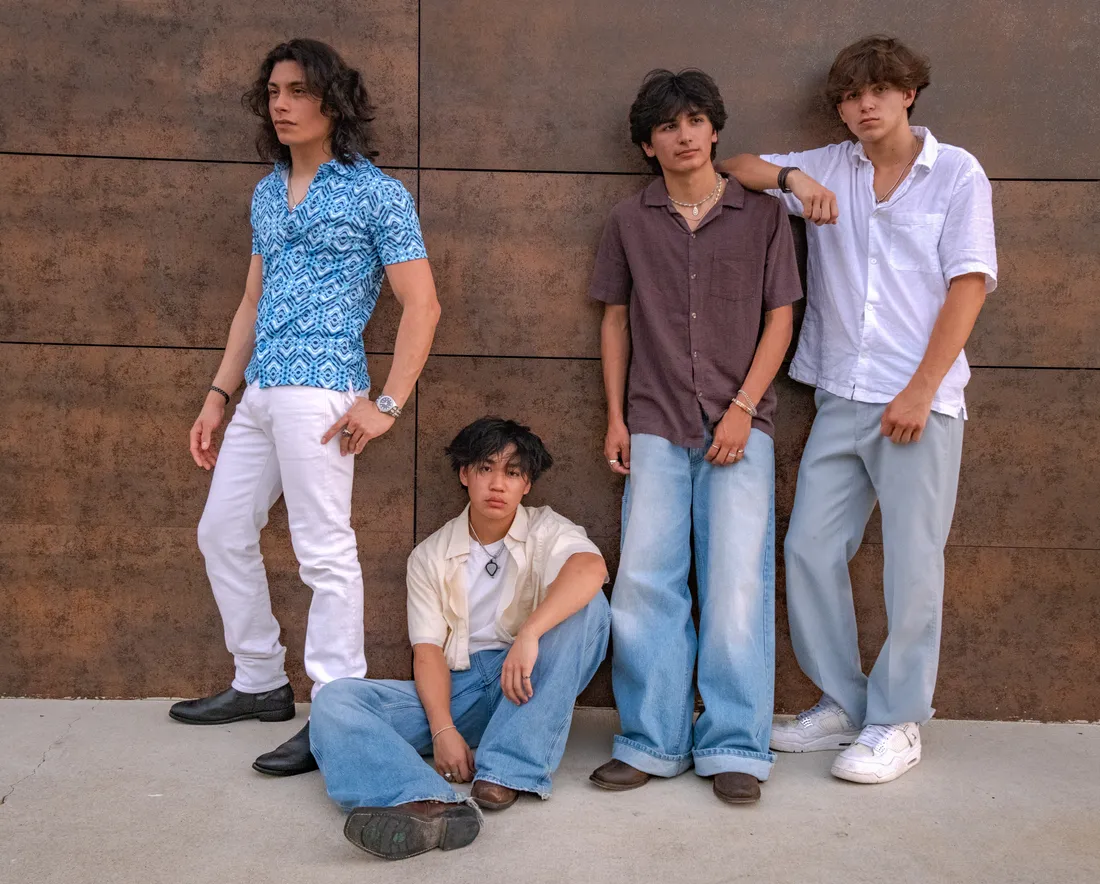Mike Flanagan’s latest series, The Fall of the House of Usher, is an adaptation of the Edgar Allan Poe story in only the loosest sense. Instead, it puts a horror spin on the corporate family drama of shows like Succession. FOTHOU follows pharmaceutical mogul siblings Roderick and Madeline Usher, as well as their six adult children, each of whom die in increasingly brutal ways throughout the eight-episode series.
The series suffers from cheesy effects and terrible CGI at times, making a good many of the scares unintentionally funny. However, these are outliers, with some scenes being so well executed they left me shaking. When FOTHOU steps away from the cheap stock factor it sometimes relies on, it has brilliantly fleshed out characters, making the viewer feel genuinely bad for the people victimized by the titular family.
From the start, Flanagan swaps out the gothic aestheticism of his late 2010s work for the fluorescent office buildings and sterile apartments of modern high society. This also reflects in the usher family, each hedonistic monster whom the viewer loves to hate – making each of their deaths incredibly satisfying. In this regard, FOTHOU takes a somewhat formulaic approach, giving each of the siblings’ demises a full episode. Each death is a loose adaptation of a different Poe story with a modern twist; some are far weaker than others, with episodes like The Black Cat being a lull in the show’s pacing. When these episodes work, though, they’re brilliant, with standout episodes like Tell-Tale Heart phenomenally showcasing the darkest parts of human psyche.
A throughline in each episode, flashbacks show us a continuous subplot about the Usher family’s rise to power in the 1970s. This corporate thrilled within corporate horror was one of the strongest elements of the series, more interesting at times than the primary story. Here Flanagan’s monologue-heavy dialogue style (which often weaves lines from Poe’s poems, a nice touch) shines beautifully, with heartfelt speeches painting vivid portraits in viewer’s minds. However, in its final moments FOTHOU squanders everything it’s built up by turning the last few minutes of the finale into a cheesy scare fest.
Overall, The Fall of the House of Usher has its weak points. The character work, brilliant dialogue, and Flanagan’s consistently incredible directing makes the series terrifying and captivating at the same time. It serves as an anti-capitalist commentary on billionaire culture and their criminal abuse of power while delivering powerful horror stories and supernatural scares at every turn. If there was more focus on elements like this and less attention to the lazy spectacle, the series would undoubtedly be his best work.



























